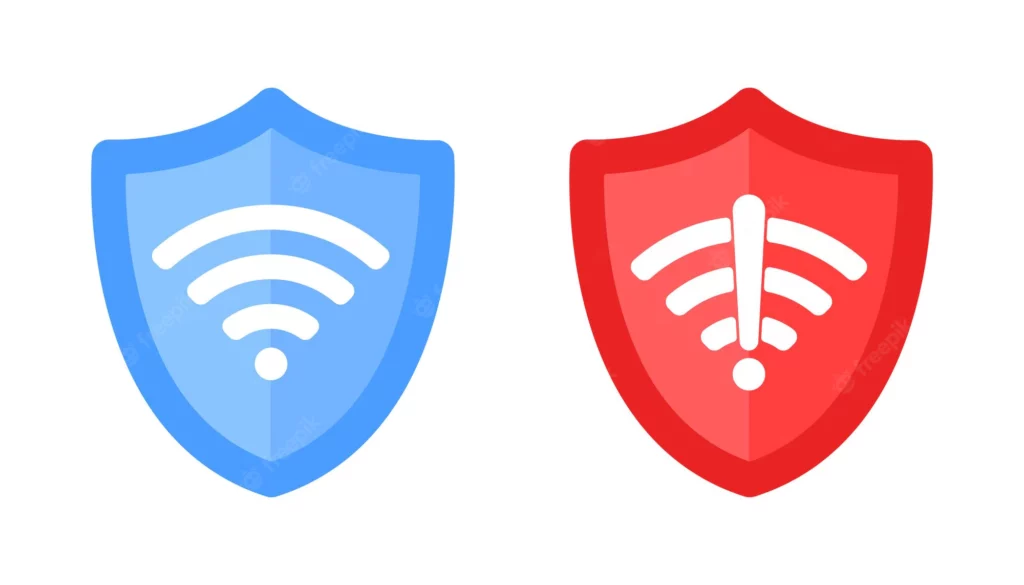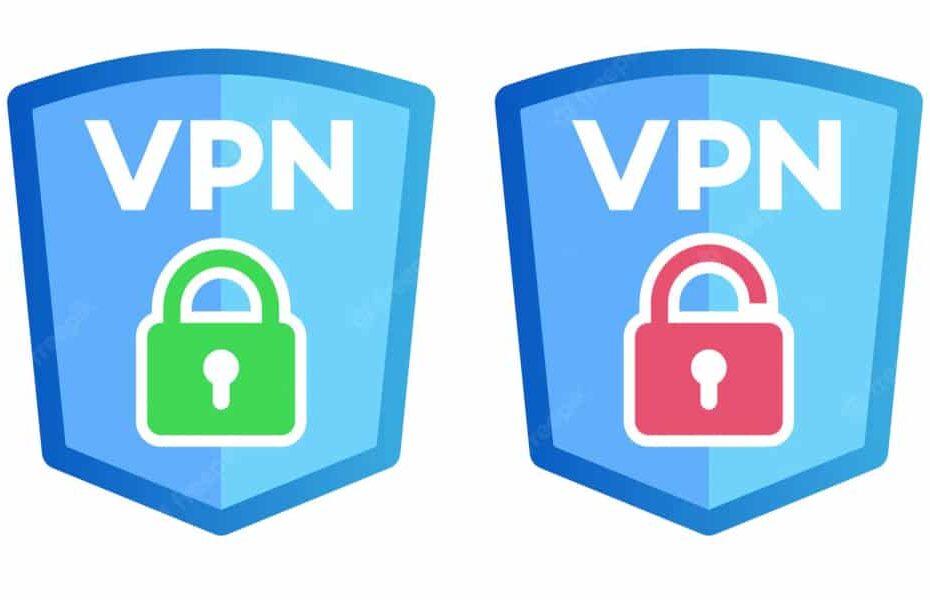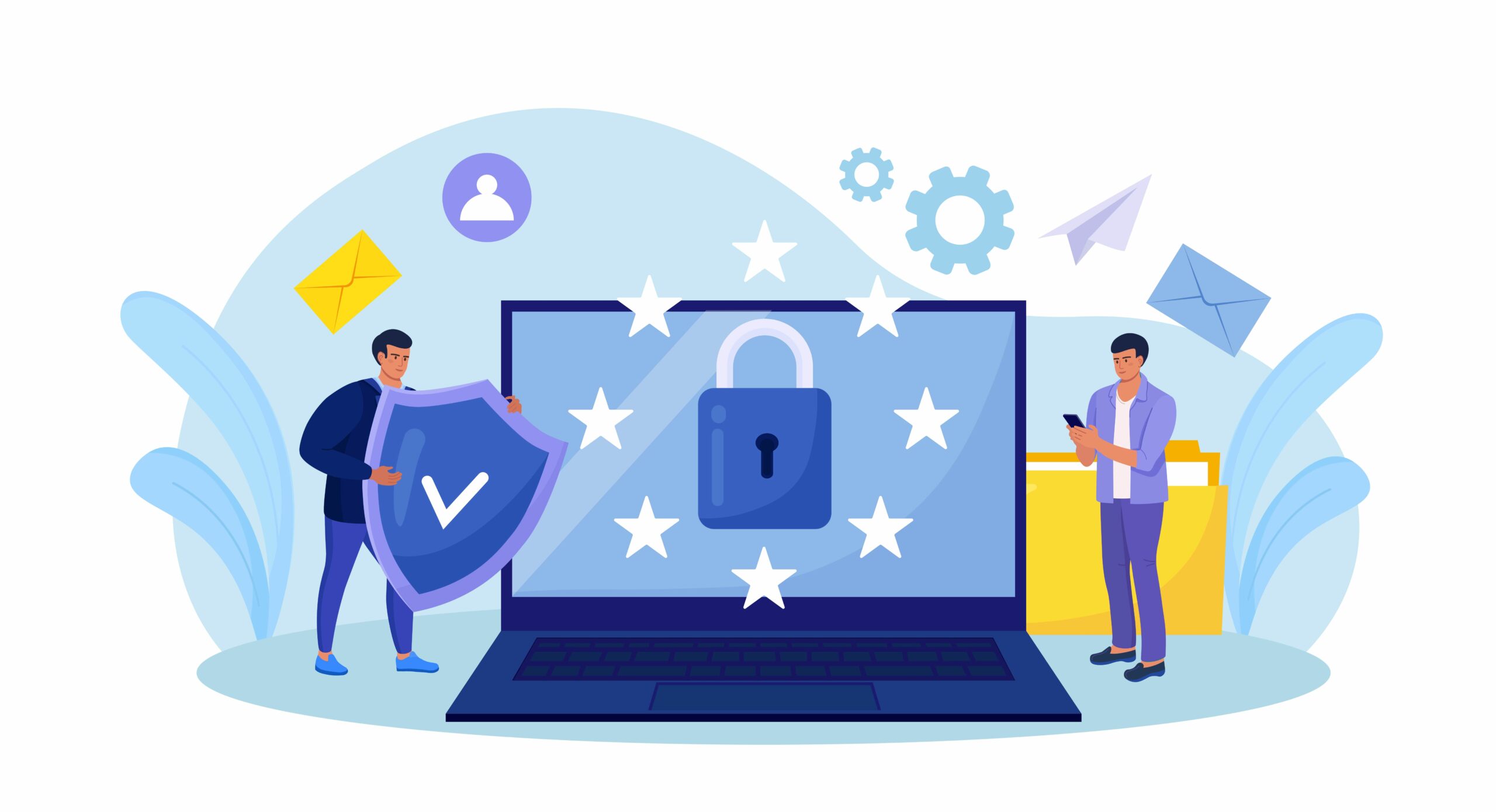Security is a big deal these days, and it will get even bigger than it is now.
The reason for this is that the threat landscape is only continuing to grow, which means that you must continue to do everything you possibly can to keep your data and your business data separate.
In this blog post, we will talk about a double VPN, how it works, and why it’s such a beneficial security tool.
What is a Double VPN?
Double VPN is an advanced security feature that encrypts your data twice by routing it through two VPN servers instead of just one. This VPN server chaining mechanism, also known as multi-hop, provides additional protection and anonymity.
Furthermore, your virtual location shifts twice, hiding your real IP address. Nosy third parties will have to work twice as hard to monitor and retrace your internet activities this way.
How does the Double VPN work?
The flow of data from outbound traffic might look like this:
- The date on the device is encrypted twice by the VPN client.
- The data is twice encrypted before being sent to the first VPN server.
- The first server substitutes your IP address and eliminates the first layer of encryption.
- Next, the data is bounced to the second server after it has been encrypted.
- The remaining scrambled data is decrypted by the second server, which then updates the IP address.
- Finally, the decrypted information is sent to the intended website, app, or online service.
Inbound data follows the same path as outbound data. Each server produces an encryption layer, with full decryption locally on the device. Some VPN service providers might take a different strategy.
The simplest approach to take advantage of a VPN to VPN connections is to choose a provider that provides it. This option isn’t available in all VPNs, though.
Fortunately, you can (at least to some extent) duplicate the online anonymity and security level that a double VPN provides in other ways.
Benefits of Double VPN

A double VPN’s main advantage is the additional anonymity protection it gives. Anyone watching your traffic on your home network will only observe the first connection to the VPN server, not the destination’s IP address.
Furthermore, because the first VPN server has concealed your real IP address, the second VPN server will not know it. So even if this second VPN server is hacked, there is almost no way to track your traffic back to you.
Anyone hoping to circumvent severe government restrictions will appreciate the ability to bounce their traffic across servers in different geographical regions.
A double VPN also protects you from more advanced assaults, such as traffic correlation attacks [in which incoming and outgoing traffic metadata is analyzed to disclose your true IP address]. The multiple hops from server to server offer levels of concealment to your online identity.
The Pros of Double VPN
You can increase your security and privacy by using a second VPN. The following list shows how it accomplishes this in greater detail:
- Double-encryption. Your traffic is encrypted by two VPN servers, making it nearly uncrackable.
- Extra IP is available. The second server hides the first server’s IP address, which hides your real IP address.
- Your ISP is being blinded. While your ISP will know that you have activated the VPN, the target website will remain a mystery.
- Unknown whereabouts. Double VPN servers are frequently located in different countries to hide your traffic effectively.
- Multi-hops add more layers between your virtual and physical locations.
- Cocktail of protocols. Mixing the TCP and UDP versions of the OpenVPN tunneling protocol will improve your security.
The Cons of Double VPN
It was never intended for double VPN to be utilized by default. As a result, many providers still do not have it or do not intend to deploy it.
The following are the drawbacks:
- Slower speed. This is the most significant disadvantage of a Double VPN. You undoubtedly already know that using a VPN affects speed, so those MBPS can quickly drop when you add a second server and further encryption. As a result, switch off Double VPN if you want to watch 4K movies and download large files faster.
- No Tor over VPN. You can’t use both of these features at the same time. While surfing the web with Tor and Double VPN enabled is possible, the speed will be slower than a limping snail.
- Consumption of energy. This disadvantage does not apply to plugged-in devices but expects a faster battery loss on mobile devices.
- Server selection. At least 50 nations are available to pick from with the best virtual private networks. Unfortunately, with Double VPN, the number of available servers is drastically limited.
Which VPNs offer Double VPN?
Double VPN connections were uncommon in 2022 until recently, when an increasing number of VPN companies began offering them. According to a short search on the internet, the following VPN providers support double-hop capabilities at the time of writing:
How to set up a Double VPN?
There are two ways to set up a double VPN. The first option is to sign up for a VPN service like NordVPN, which features dual VPN capabilities. Here’s how to make use of NordVPN’s double VPN feature:
- Open the NordVPN app.
- In the app, select Specialty servers.
- Then, tap Double VPN and get connected. Or manually choose the servers that suit your needs best.
By clicking the three dots, you can manually pick the servers. The dots appear when you hover your mouse over the double VPN portion.
The second technique entails utilizing two separate VPN services. One VPN must be installed on your router, while the other must be installed on your device. The VPN on your router will encrypt the router’s Wi-Fi connection.
After you’ve connected your device, open the other VPN app and connect to a different server.
Frequently Asked Questions
This is the simplest and quickest method. To begin, use the Flashrouters app.
- On your router, set up a virtual private network (VPN).
- Install NordVPN on your computer or mobile device (phone or tablet, for example)
- Connect to a VPN router’s network, open the NordVPN app and select a VPN server to connect to.
Can I use 2 VPNs at the same time?
Yes and no.
You may have two VPNs or use the double VPN feature. However, you cannot simultaneously use two different VPN programs on the same device; one VPN connection will destroy the other.
Can you be tracked if you use Double VPN?
Your traffic is routed through two servers, and an extra layer of encryption is added. As a result, your ISP and other third parties cannot monitor or intercept your online activities. However, they have access to the fact that you’re using a VPN.
Conclusion
Double VPN is a strong tool that adds extra security and privacy to your online experience. It entails the use of two VPN servers at the same time. Your traffic will be re-encrypted, and your geo-location will be concealed behind two IP addresses. You can also use numerous VPN servers simultaneously in a multi-hop VPN connection.
A double VPN provides additional privacy and security compared to a standard VPN. This is accomplished through the process of re-encryption. However, one big disadvantage of using a double or multi-hop VPN is that connection speeds are significantly reduced. This will have an impact on your browsing experience.




